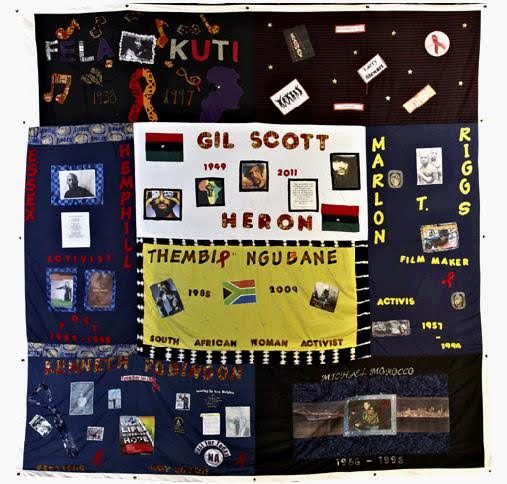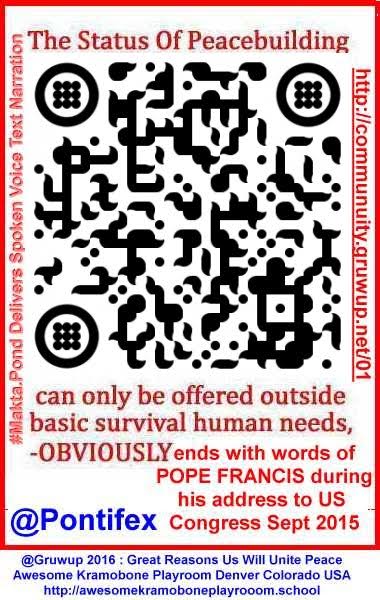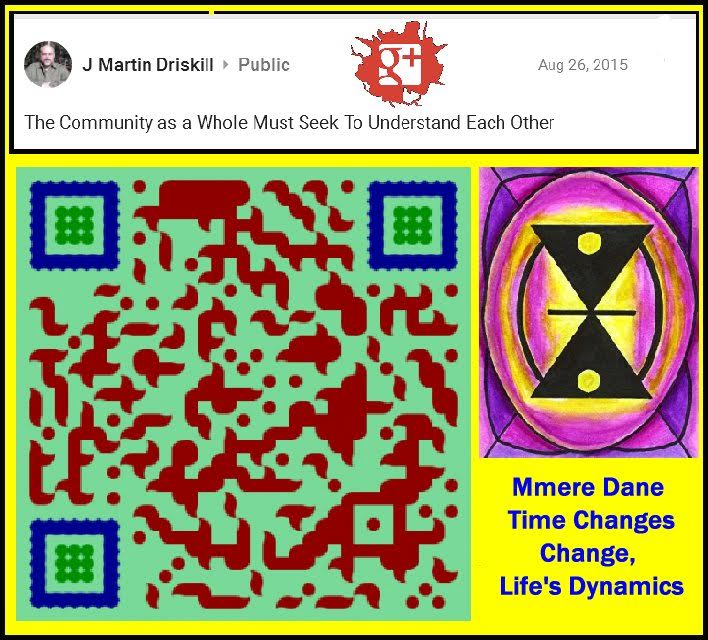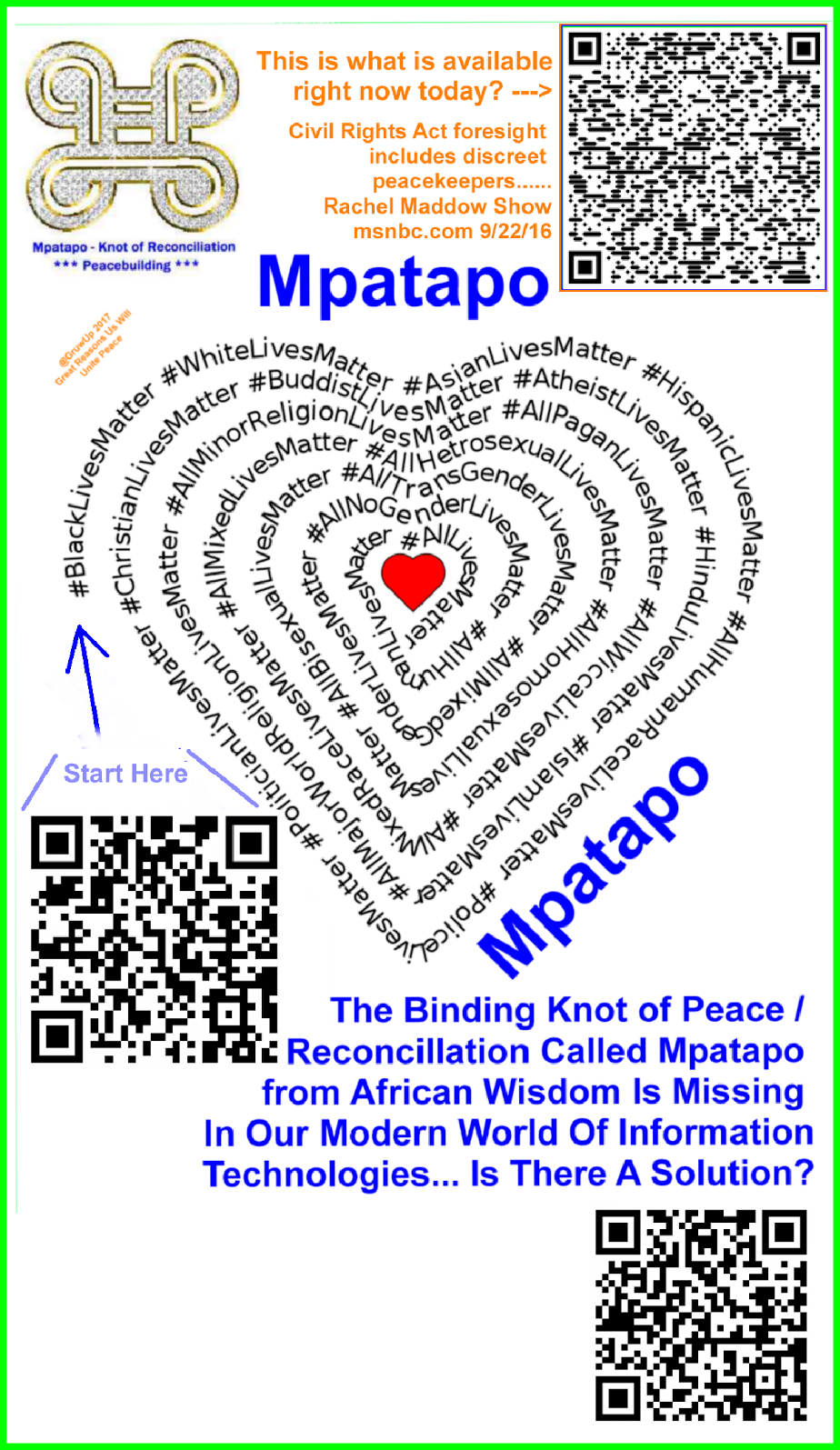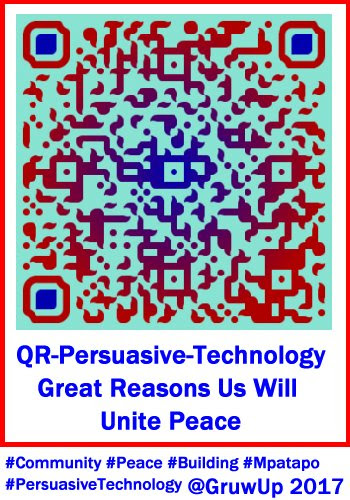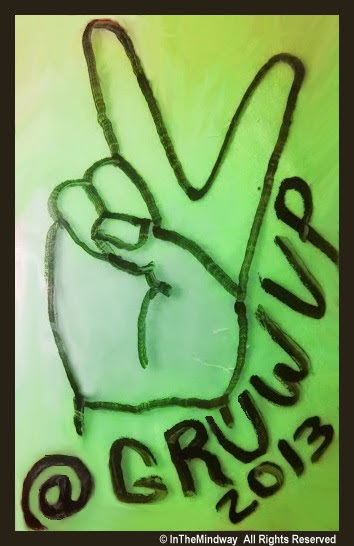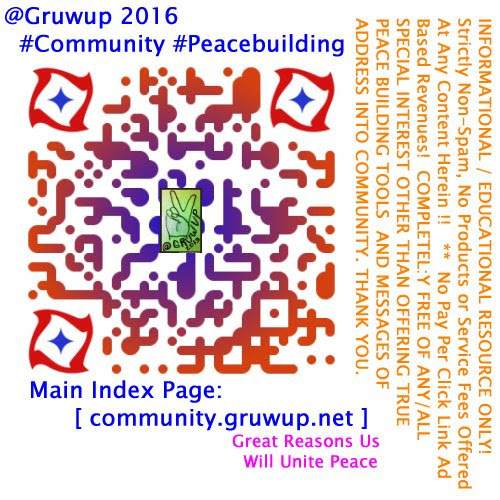| |

mericans have
always been more and at the same time less than what we pretended.
With the quickening approach of the twenty-first century, greater
numbers of us are giving testament to this inescapable fact,
challenging the cozy myths by which America has been ritually
defined. Who are we? Who are we becoming? Who and what have we
been? In the next century, can we even continue to speak (could
we ever?) of a collective "we"? For the longest, of
course, these questions had simple answers.

America was white. America was male. America
was heterosexual. America was Christian. America, above all,
was a melting pot into which diverse cultural communities gleefully
descended to achieve the social and ideological transformation
necessary for inclusion within the American Dream. That many
of us--marginalized and oftentimes invisible Americans of African,
Asian, Latino and Native descent, as well as women and the working
poor--never quite melted and metamorphosized according to this
traditional prescription for social progress, hardly mattered.
The great distance between the Dream and our actual lives was
not due to any fault in the Dream: the defect was in us. The
Dream thus survived intact, its seductive power sustained by
America's stubborn refusal to look too closely at the hidden
but terrible costs of "the good life" and at who actually
could--much less wanted to--afford it.
The sixties, of course, spotlighted the
complex oppressive regime of thought, politics and culture which
underlay the myth of America. For the first time in U.S. history,
the ideological fabric of white heterosexual patriarchy was exposed
for the life-constricting straightjacket it had always been.
Despite conservative attempts during subsequent years at repair,
the old social fabric has been steadily unraveling. Thus we have
arrived at this present moment, wherein a nation historically
averse to serious introspection now exhibits--in its politics
and popular media as well as its universities--an almost obsessive
reflexive preoccupation with our national identity.
To be expected, much of the current debate
is simply a re-hash of old opinion--an attempt to forcefully
rebut and undercut the de-centering politics of radical multiculturalism
(i.e., the kind of multiculturalism where difference actually
makes a differ-ence). Bring back the melting pot. Restore "traditional
values." Re-institute prayer in schools. Preserve the primacy
of Western civilization (the only one that matters anyway). And
not least, protect that critical bedrock of American greatness,
"the American family": such pronouncements reveal an
intense, even pathological desire to perpetuate a thoroughly
obsolete myth of America, and through this, a repressively orthodox
system of sociocultural entitlement.

hile the ideas of conservative/fundamentalist
America are hardly new, the typically strident pitch with which
such ideas are now being argued betrays how acutely anxious many
conservatives have come to feel, due to both real and anticipitated
loss of privilege and power. What is more, arch-conservative
rhetoric--as should be evident to anyone watching our presidential
elections for the past quarter century--has found a certain public
resonance. Difference, in the traditionalist outlook, has been
regressively equated with disunity; and disunity with profound
social chaos and collapse. Just as nature abhors a vacuum, so,
it seems, do many Americans with regard to the social-political
myths by which they organize and make sense of their lives. Even
a fundamentally flawed, repressive, inequitable social order
seems to many better than none at all. A clear imperative thus
confronts American progressives--that intricate (and frequently
fragile) web of communities comprised of people of color, feminists,
gays and lesbians, the poor and working class, as well as ethnic
whites who value ethnicity, indeed all who have been systematically
disenfrancised and dehumanized under the once ascendant "traditional
values" of pre-Civil Rights America.
It's no longer enough, if it ever was,
to critique interlocking systems of oppression without offering
affirming alternatives of how society should and can reconstitute
itself. As we move into the inevitably more demanding multilingual,
multicultural environment--both nationally and globally--of the
next century, our greatest task will be an inversion of the commonly
assumed equivalence between difference and disunity. We must
re-write this equation, demonstrating again and again that unity
does not require unanimity, that unity--that is, a sense of social
cohesion, of community--can and does derive from the expression,
comprehension, and active nurturing (and not merely tolerance
or fetishization) of difference.
This is the new standard of civilized life
that now demands our urgent labor, a new world order, if you
will, that subverts traditional conceptions of social order:
a standard which in effect subverts the meaning of the word "standard"
itself. For the new order must be comprised of multiple standards:
shifting, open-ended, dynamically transforming, so as to engender
ways of thinking and living that privilege no one set of cultural
differences over another but affirm virtue in all.

This perspective forms the key inspiration
and overarching theme in STANDARDS. Page after page eloquently
testifies to the commitment of a new generation of America's
best and brightest to shaping a radically redefined vision of
our future, where old repressive dualisms of race, class, sexuality,
gender and nationality no longer reign--a future in which not
merely some but all of us are free to explore and express our
richest humanity.
Marlon Riggs
Oakland, 1992
|
|


 Nextdoor Support (
Nextdoor Support (



![[DIR]](Gmail%20-%20Nextdoor%20%20When%20a%20neighborhood%20website%20turns%20unneighborly_files/U2iVpRJDQFe5x32RnIm6OVAsWdB-GU-jVen5LvftY6FRvcMdE1rM8i434ZFo.gif)
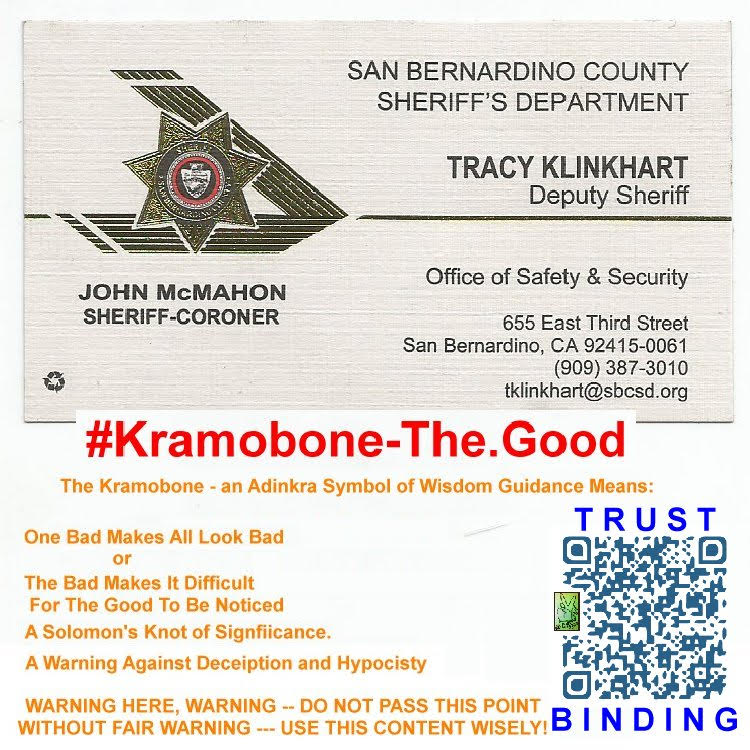
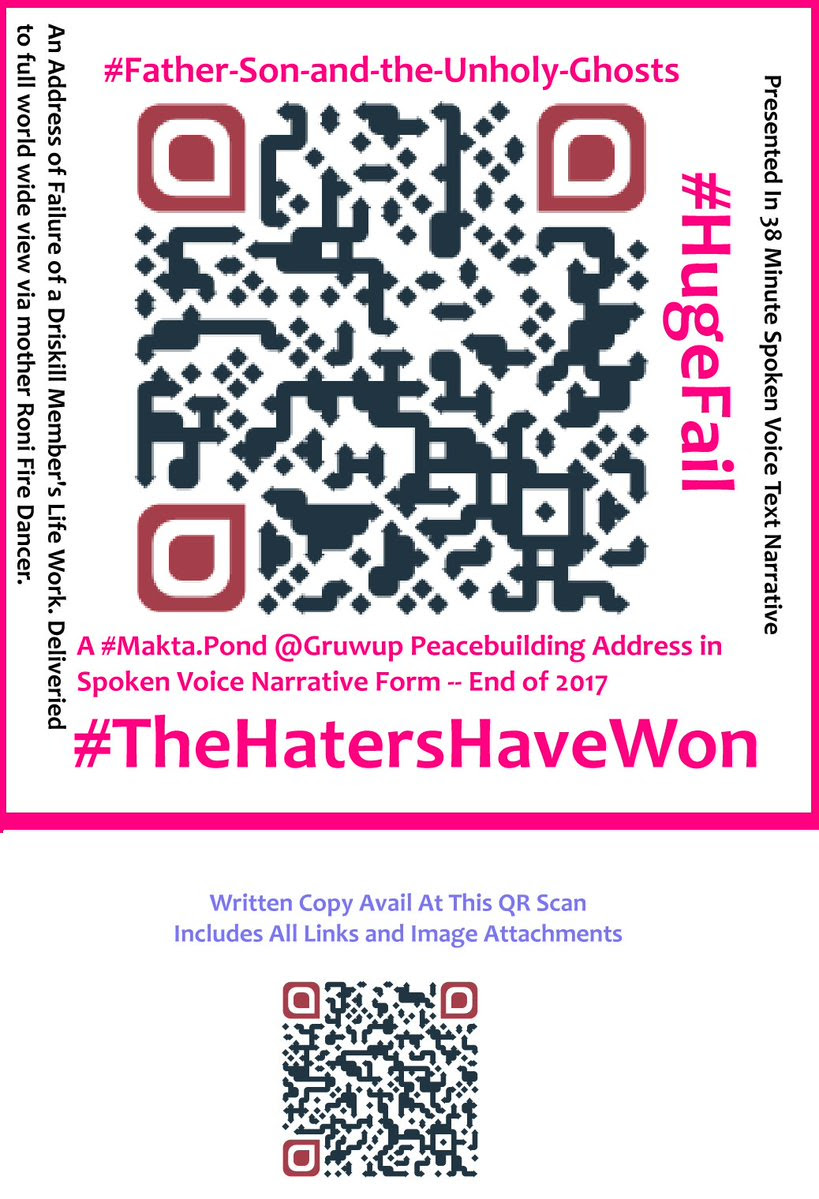

![[DIR]](Gmail%20-%20Nextdoor%20%20When%20a%20neighborhood%20website%20turns%20unneighborly_files/3xQo2DvCX1N3BA6WePdYtQbk309iSwNWuxc78ho7TzEEzsWQiPnhmGtOJZzG.gif)
![[IMG]](Gmail%20-%20Nextdoor%20%20When%20a%20neighborhood%20website%20turns%20unneighborly_files/PaLo67f5x7oeasj5p0Zkk08pW8qZY7SIQ21PfKrngvqgblyIzkIfsuo4iC_x.gif)
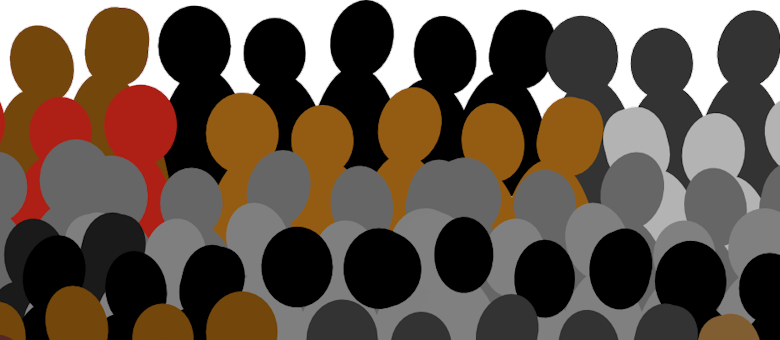


![[DIR]](Gmail%20-%20Nextdoor%20%20When%20a%20neighborhood%20website%20turns%20unneighborly_files/tUQkaouVV2yrkvOQokI0cHo7QiZgpx40JhkhGBbz3cjCBTcj_0pJ9_dnqzyv.gif)
![[SND]](Gmail%20-%20Nextdoor%20%20When%20a%20neighborhood%20website%20turns%20unneighborly_files/5E8h5NjixLPDQKK6FAxiPPtgHMpDdyXxaWYqvUnGbdoZj5Qa298WP_dlA-UT.gif)
![[TXT]](Gmail%20-%20Nextdoor%20%20When%20a%20neighborhood%20website%20turns%20unneighborly_files/Nv-AN6AD_p-JbCfOjs4N3HihBvhor00FQL41JxCPF-9AWpfVKPMueWvgB_JS.gif)
![[IMG]](Gmail%20-%20Nextdoor%20%20When%20a%20neighborhood%20website%20turns%20unneighborly_files/TDtIC4AGUiYCoheijUTYiso17poJfP8QSGO7TyCcsvNO5awEWlsEp3ZZHGgB.gif)
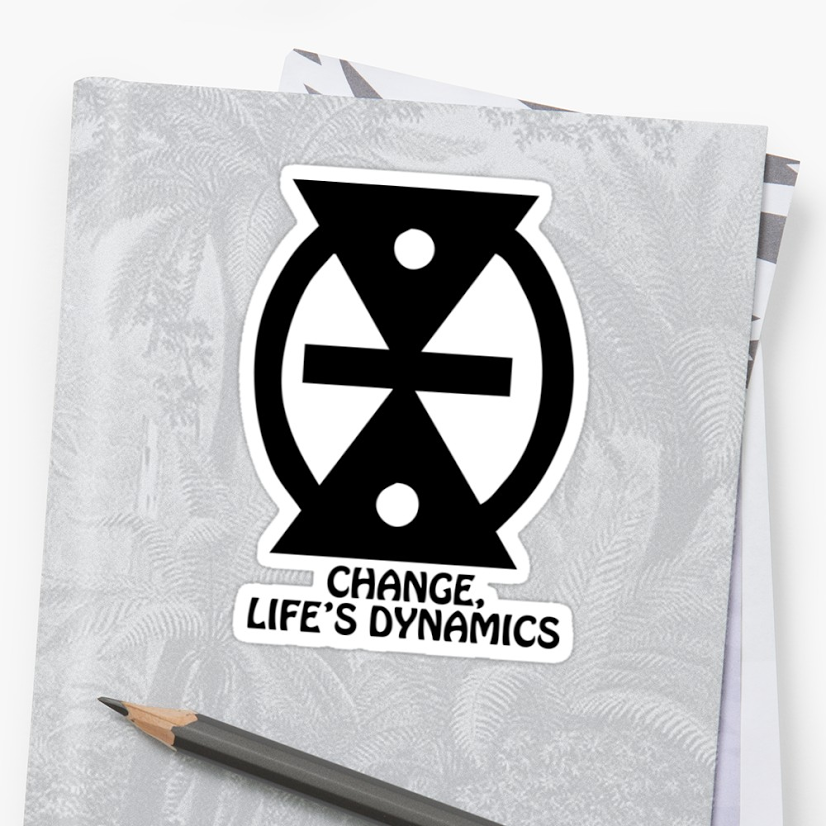





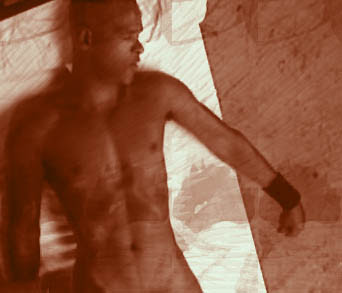
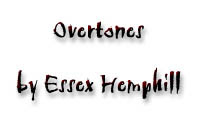

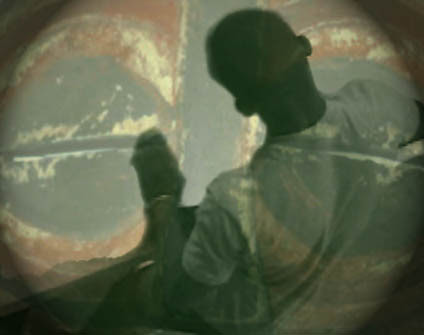
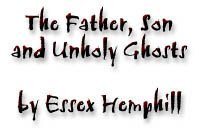
![[TXT]](Gmail%20-%20Nextdoor%20%20When%20a%20neighborhood%20website%20turns%20unneighborly_files/Hn8GxsoRhf73UFyn_VxbUg2BeyBt1VpAmp8qEltEyK6Gh1d8fECEpGWhcxF6.gif)
